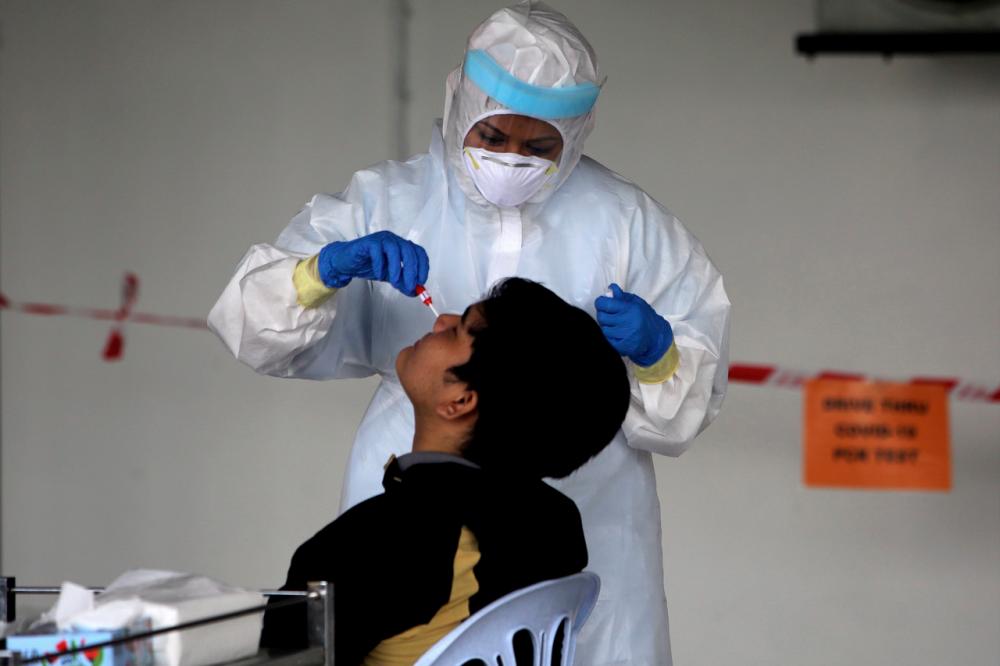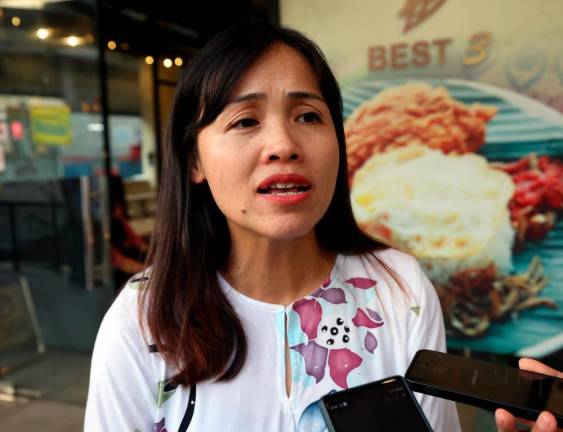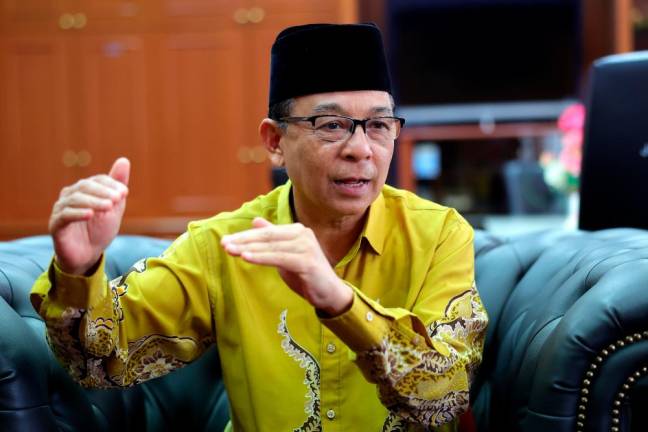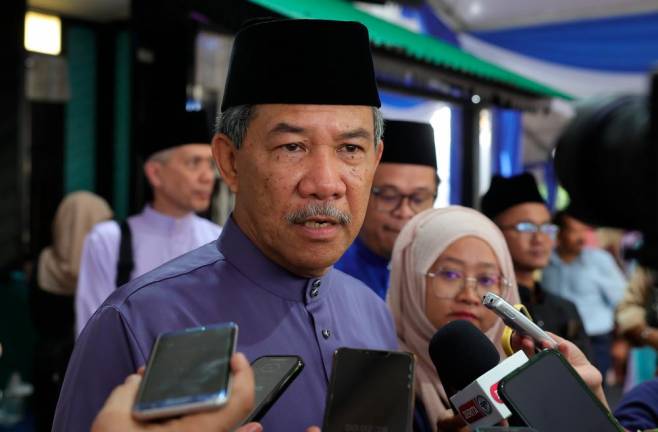PETALING JAYA: They put in 24-hour shifts and their full personal protective equipment (PPE) makes it inconvenient to eat or even take a toilet break, which could lead to a host of medical issues.
Such is the toll on frontliners as they struggle to stop Covid-19, with many being pushed to their mental and physical limits. The deterioration of mental health among frontliners needs to be addressed.
The Malaysian Medical Association said frontliners also face physical health issues such as dehydration, lack of sleep, limited toilet breaks as well as headaches and diarrhoea.
“Many healthcare workers, especially in East Malaysia, are doing more than four calls per month of more than 24-hour shifts. This is made worse by the freeze on annual leave,” said its president Prof Datuk Dr M. Subramaniam.
Subramaniam suggested healthcare workers be given a mandatory one-day away from work every week as well as the setting up of a hotline for healthcare workers to provide feedback and complaints, where they can speak freely without repercussions.
“Basic needs of food and rest should also be provided for and the Health Ministry should provide adequate areas for resting since many of those who are on call or on night shift have no proper place to rest,” he added.
Psychologist Dr Fauziah Mohd Saad of Universiti Pendidikan Sultan Idris said there are many factors that cause the increase in mental health issues among frontliners.
“Anxiety may develop as they are anxious about coming into contact with Covid-19 patients and they may feel pressured to work harder in treating patients,” she added.
Depression is also a major issue and is likely to be caused by the feeling of loneliness as frontliners often do not get time to spend with their families due to their heavy workload.
She also pointed to an increase in levels of insomnia among frontliners as many of them are often working to the extent where they feel too tired to be able to sleep.
Fauziah believes the government can ease the burden by encouraging social support for frontliners as well as opening opportunities for volunteers to help out to ease the workload of healthcare workers.
Clinical psychologist Dr Joel Low from mental health clinic, The Mind, told theSun that if these mental health issues are kept unchecked, it may worsen in the long term
Low said in an ideal situation, frontliners should be rotated like soldiers in World War II, where they would be at the front for a couple of days, then moved to the back to rest and recharge.
“This rotation allowed them to have some time off and provided great support in their mental stability.”
But he understands that this is not possible as there is a lack of resources and manpower.
Instead, after-hours support should be prioritised to make sure their mental health is in check.
“The provision of a psychologist or counsellor would also prove crucial to take a load off their shoulders.”
“Frontliners should know when to take a break before they potentially harm themselves mentally, which could translate to harming their patients.”
He commended the passion of healthcare workers, but said frontliners need to be honest with themselves and seek help when required.













